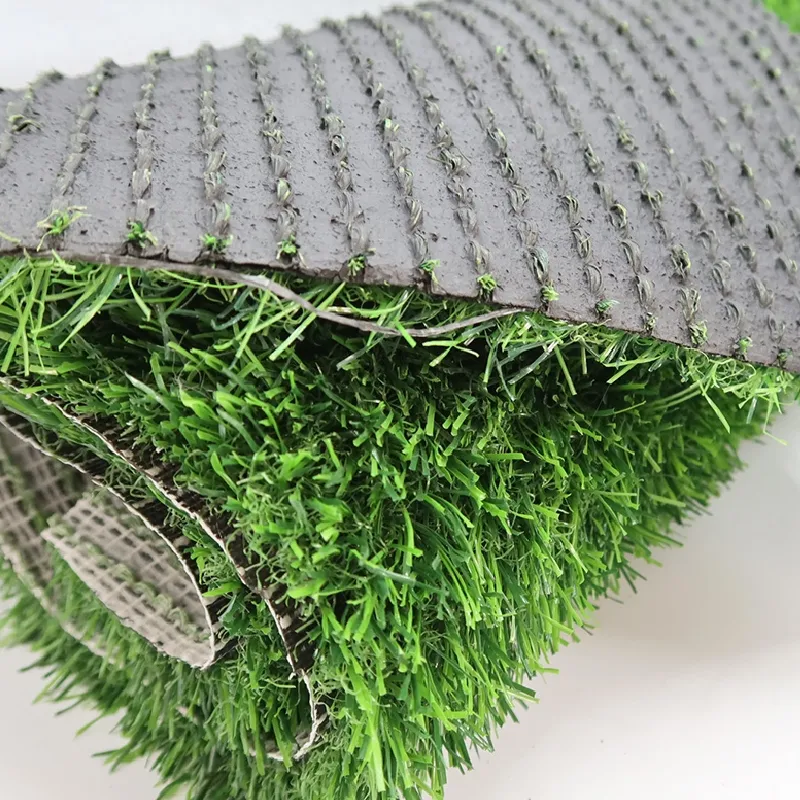
- Afrikaans
- Arabic
- Belarusian
- Bengali
- Czech
- Danish
- Dutch
- English
- Esperanto
- Estonian
- Finnish
- French
- German
- Greek
- Hindi
- Hungarian
- Icelandic
- Indonesian
- irish
- Italian
- Japanese
- kazakh
- Rwandese
- Korean
- Kyrgyz
- Lao
- Latin
- Latvian
- Malay
- Mongolian
- Myanmar
- Norwegian
- Persian
- Polish
- Portuguese
- Romanian
- Russian
- Serbian
- Spanish
- Swedish
- Tagalog
- Tajik
- Thai
- Turkish
- Turkmen
- Ukrainian
- Urdu
- Uighur
- Uzbek
- Vietnamese
Cost Analysis for Installing Artificial Grass in Residential and Commercial Spaces
Dec . 04, 2024 15:34 Back to list
Understanding the Costs of Artificial Grass Fitting
Artificial grass has become a popular choice for homeowners and businesses alike looking to enhance their outdoor spaces without the ongoing maintenance associated with natural grass. While the initial installation may appear daunting in terms of cost, it presents various long-term advantages that can make it a worthwhile investment. In this article, we will delve into the costs associated with fitting artificial grass, factors influencing these costs, and potential savings over time.
Initial Costs of Installation
The upfront cost of installing artificial grass can vary widely based on several factors, including the size of the area, the type and quality of the grass, and the complexity of the installation process. Typically, homeowners can expect to pay between $5 to $20 per square foot for high-quality artificial turf, which may include both the material and labor costs.
For smaller areas, such as a small backyard or garden patch, the total cost can range from a few hundred to a few thousand dollars. For larger spaces, such as sports fields or expansive gardens, the costs can escalate significantly. It is essential to obtain multiple quotes from contractors to ensure a fair price, as prices can vary based on regional labor rates and material availability.
Additional Expenses
While the cost of the turf itself is a significant part of the fitting cost, there are additional expenses that homeowners should consider. These may include
1. Preparation of the Site Before the artificial grass can be laid, the area must be properly prepared. This can involve removing any existing grass or vegetation, leveling the ground, and adding a proper base material to ensure good drainage. Depending on the existing conditions, this preparation can add to the overall expense.
2. Excess Materials and Accessories Installing artificial grass may require additional materials such as adhesives, infill, and edging. These materials help to secure the turf, improve drainage, and create a clean finish around the perimeter.
3. Maintenance Although artificial grass requires significantly less maintenance than natural grass, periodic upkeep is essential to prolong its life and maintain its appearance. Homeowners might need to budget for infill replenishment, repairs, or professional cleaning services every few years.
artificial grass fitting cost

Factors Influencing Fitting Costs
Several factors can influence the overall costs associated with fitting artificial grass
- Quality of Turf Investing in high-quality turf often leads to a longer life span and better aesthetics. Cheaper options may save money initially but could require more frequent replacement or repairs.
- Project Size and Complexity A larger or irregularly shaped area may require more labor and materials, thus increasing costs. Additional features such as slopes, transitions, or complex designs can also add to installation time and complexity.
- Geographic Location Labor costs can vary significantly by region, affecting the total installation cost. Areas with a higher cost of living may see more expensive labor rates.
Long-Term Savings
While the initial cost of installing artificial grass can be substantial, it is essential to consider the long-term savings. One of the primary benefits of artificial grass is its low maintenance requirements. Homeowners save on water bills, lawn care services, and the purchase of fertilizers and pesticides.
Additionally, artificial grass is durable and can last anywhere from 15 to 25 years with proper care. This longevity, combined with minimal upkeep, means that over time, the investment pays for itself, making it a cost-effective alternative to traditional lawns.
Conclusion
When considering the installation of artificial grass, understanding the total fitting costs is essential. While the upfront investment may seem high, the long-term benefits and savings can make it a wise financial choice. With careful planning and selection of quality materials and services, homeowners can create beautiful, low-maintenance outdoor spaces that enhance their property for years to come.
-
The Benefits of Artificial Turf for Indoors
NewsJul.15,2025
-
How Artificial Grass Suppliers Ensure Quality Products
NewsJul.15,2025
-
Artificial Grass and Pets: A Space for Relaxation
NewsJul.08,2025
-
Balcony & Outdoor Decoration with Artificial Grass
NewsJul.08,2025
-
Best Indoor Artificial Grass for Home
NewsJul.07,2025
-
Best Pet Turf for Dogs: Safe & Durable Artificial Grass Options
NewsJul.07,2025
Products categories









